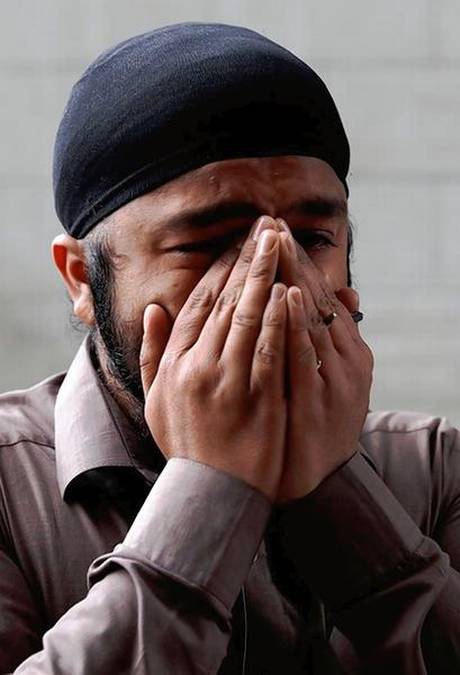A brutal attack on Wednesday targeting a 400-year-old gurdwara in Kabul claimed 25 lives, including two minors and three women, further terrorising Afghanistan’s already dwindling minority Sikh community.
“They had gathered for the morning prayers organised specifically for the nation that was hit by the coronavirus outbreak. They made mannat from god to help the nation pass through the coronavirus crisis with as little difficulties as possible,” says Charan Singh Khalsa, an Afghan Sikh, who lost many relatives in this week’s attack. Two insurgents stormed the historical temple, detonated bombs and opened fire on the worshippers and residents. About 40 families lived on the compound of the gurdwara.
The massacre was claimed by the Islamic State, but authorities believe it to be the work of the Haqqani Network. Either way, for many in the small congregation, this attack was the final straw that broke the camel’s back. “There are less than 100 families of Hindus and Sikhs combined living in Afghanistan. And if you slaughter 25 members of an already small community, what makes you think the rest will want to stay?” asks Mr. Khalsa.
But for Mr. Khalsa, the push was long time coming, with growing number of threats and intimidation. “The Afghan Sikhs have faced a lot of humiliation and persecution over the recent years. Many incidences in the last few years have targeted the Hindus and Sikhs,” he says. “My own brother was kidnapped last year and murdered. We found his body in a grave two months later. More recently, a Sikh home in Kabul was attacked and robbed; an old lady in the house was killed. And earlier this month, on Holi, a Sikh shop was attacked, and its owner was injured,” he narrates incidents after incidents, the frustration evident in his voice.
Read full story on The Hindu
